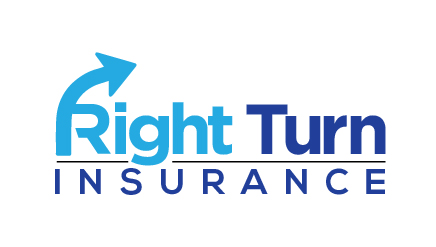Texting and driving has become a national epidemic. Here are some important things to think about if you decide to multitask while driving.
What's Covered?
Homeowner's Insurance 101
A homeowner's policy protects you from the economic harm associated with home ownership, as well as other covered risks listed in the policy. A homeowner's policy can help ensure that a non-business loss will not drag down your business.
What's covered by a homeowner's policy? Here are some of the major kinds of risks that are covered by a comprehensive coverage homeowner's policy:
Damage to home and personal property caused by fire, lightning, wind, or storm damage
Medical payments for occupants for injuries caused by fire, lightning, wind, or storm damage
Medical and legal liabilities to persons injured by accident while in the home
Loss or theft of personal property, even if not in your home, with some restrictions on things like jewelry or laptop computers
Liability to others for accidental damage to their property, even if not in your home
Liability for unintentional personal injury to others caused by the homeowner or his or her family
Liability for intentional personal injury to others caused by the homeowner's children who are below a specified age
Liability to others hurt because you participated in a sporting event (for example, while playing golf, you accidentally struck someone with a golf ball)
Liability for damage or injury caused by pets (but damage caused by exotic pets — such as a cheetah — will not be covered)
Damage caused by vandalism, riot, or civil unrest
Damage caused by falling objects (such as tree limbs)
What's not covered by a homeowner's policy? The three main risks that your comprehensive policy normally does not cover are:
Flood damage (including the water damage caused by a hurricane)
Damage caused by ground movement (such as earthquakes and soil erosion)
Claims arising from business use of the premises
Claims arising from business use of the premises are, by far, the most important exclusion for home business operators
We say "normally does not cover" because some states require insurance companies to cover some of these risks (for example, California requires coverage of earthquakes).
Courtesy of www.bizfilings.com
Small Business Insurance
Businesses may vary in size and revenue but all need insurance in the event of an unforeseen situation. Learn more here by exploring ideas around insurance specifically for small businesses.
Comprehensive Versus Collision Insurance
What's the difference between these two different types of coverage? Do I need both? Explore this article to learn more.

